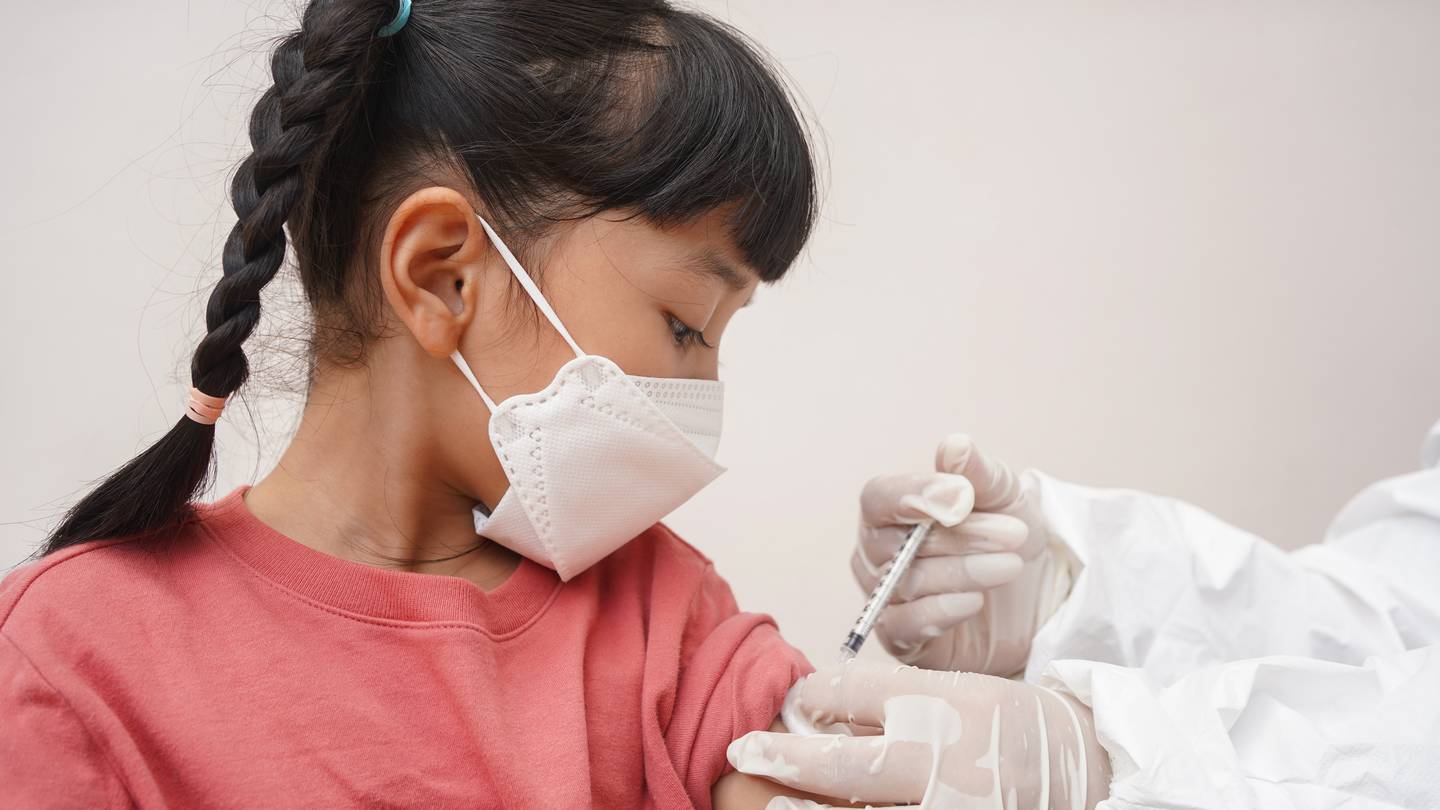UK polio outbreak threat with 35,000 five-year-olds in London not fully vaccinated

UK health officials are trying to trace the parents of 35,000 five-year-olds in London who are not fully vaccinated against polio after traces of the deadly virus were found in London sewage, the first outbreak in the UK since 1984.
The National Health Service is hoping to prevent any further spread after a national incident was declared on Wednesday. It is trying to narrow the source of the polio outbreak down to a single household or street in north-east London, an area of four million people and served by the Beckton Treatment Works, where traces have been detected.
NHS figures show that 101,000 five-year-olds in the UK (15 per cent) are yet receive the polio booster, which is administered at the age of three.
Of these children, the numbers are heavily weighted to London, where 34,104 are yet to be boosted, and London’s chief NHS nurse Jane Clegg said the service was “reaching out” to their parents.
All children are routinely offered five vaccines, with the first three doses given to babies at 8, 12 and 16 weeks old. These are followed by the booster at three years old, followed by a final booster at 14.
The UK has become more vulnerable to polio in recent years after a decade of cuts to local public health budgets that have resulted in a fall in vaccination numbers, The rise of antivax conspiracy theories spawned by the coronavirus pandemic is also likely to have had a suppressive effect on numbers.
According to experts, 95 per cent is the proportion needed to reach herd immunity, but the figure among London’s one-year-olds currently stands at 86.7 per cent. And at the valedictory vaccination, one fifth of UK 14-year-olds (123,132) have not received one, although their risk is extremely low if they were vaccinated as babies.
In the past, the detections occurred when a person vaccinated overseas with the live oral polio vaccine, which contains a live strain of the virus, returned or travelled to the country, and shed the virus in their faeces.
The UKHSA believes this is also what happened this time, with the key difference being that the virus has also probably spread between closely linked people and evolved into what is known as “vaccine-derived poliovirus”, which can cause the disease.
There were 959 confirmed cases of VDPV2 in the world in 2020, the World Health Organisation reported.
The last case of natural polio infection in the UK was in 1984, nearly 40 years ago. Before that, polio frequently blighted Britain’s shores.
Polio in Britain through the years — in pictures
From live to inactive polio vaccine
Britain stopped using the oral polio vaccine in 2004 and the UN’s health agency has called for it to be phased out worldwide and replaced with the inactivated polio vaccine.
The oral polio vaccine replicates in the gut and can be passed to others through faecal-contaminated water — meaning it will not hurt the child who has been vaccinated, but it could infect their neighbours in places where hygiene and immunisation levels are low.
While weaker than wild poliovirus, this variant can cause serious illness and paralysis in people not vaccinated against the disease.
“It should not have come as a surprise that polio vaccine-derived viruses have been found in sewage in London,” said Prof David Salisbury, chairman of the World Health Organisation Global Commission for Certification of Polio Eradication.
“The most likely person to bring the virus would have been a child.
“The genetic changes in the virus imply that it has circulated amongst individuals, including possibly those who have been vaccinated with inactivated polio vaccine, as has been used for almost 20 years in the UK immunisation programme.”
Polio, which was officially eradicated in the UK in 2003, can cause paralysis in rare cases and can be life-threatening.
Updated: June 24, 2022, 12:51 PM
This article has been archived for your research. The original version from The National can be found here.

